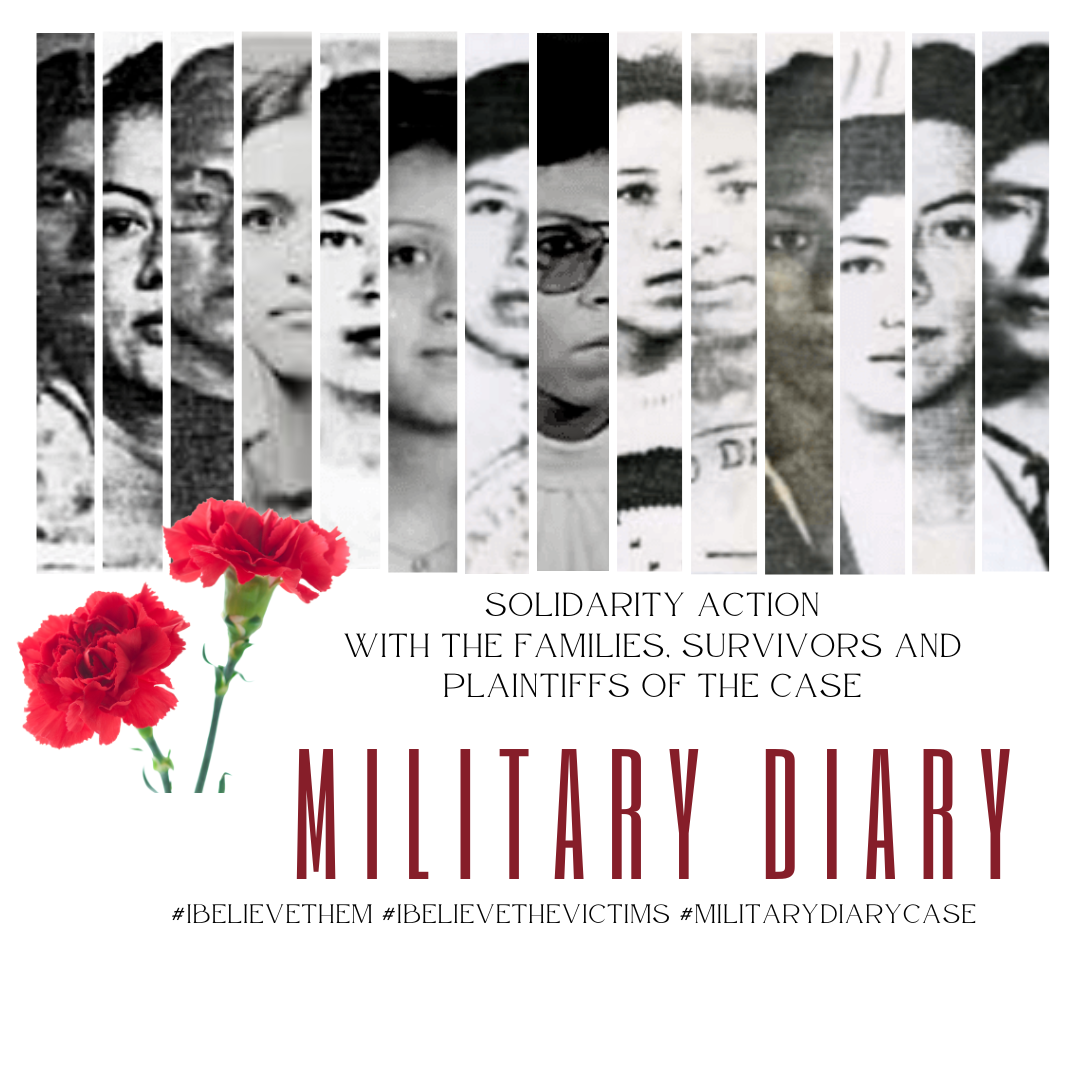Acts of intimidation and attacks against Indigenous leaders, especially those who oppose corruption, are far too common in Guatemala. With only two days’ notice, on September 1 the Ixil Authorities of Nebaj (El Quiché Department) were forced to vacate the office in the municipal building that they had occupied since 2013. During the eviction process, several of the Ixil Authorities were hurt and had to receive medical attention.
In addition to serving as an essential space of protection and organizing for the Ixil people of Nebaj, the office held legal documents and evidence related to an investigation of the municipal mayor of Nebaj, Virgilio Geronimo Bernal Guzman. Ever since their investigations started, Ixil authorities have suffered from multiple incidents of harassment and intimidation. It is reasonable to suspect that the forced eviction of their offices is also related to these investigations.

